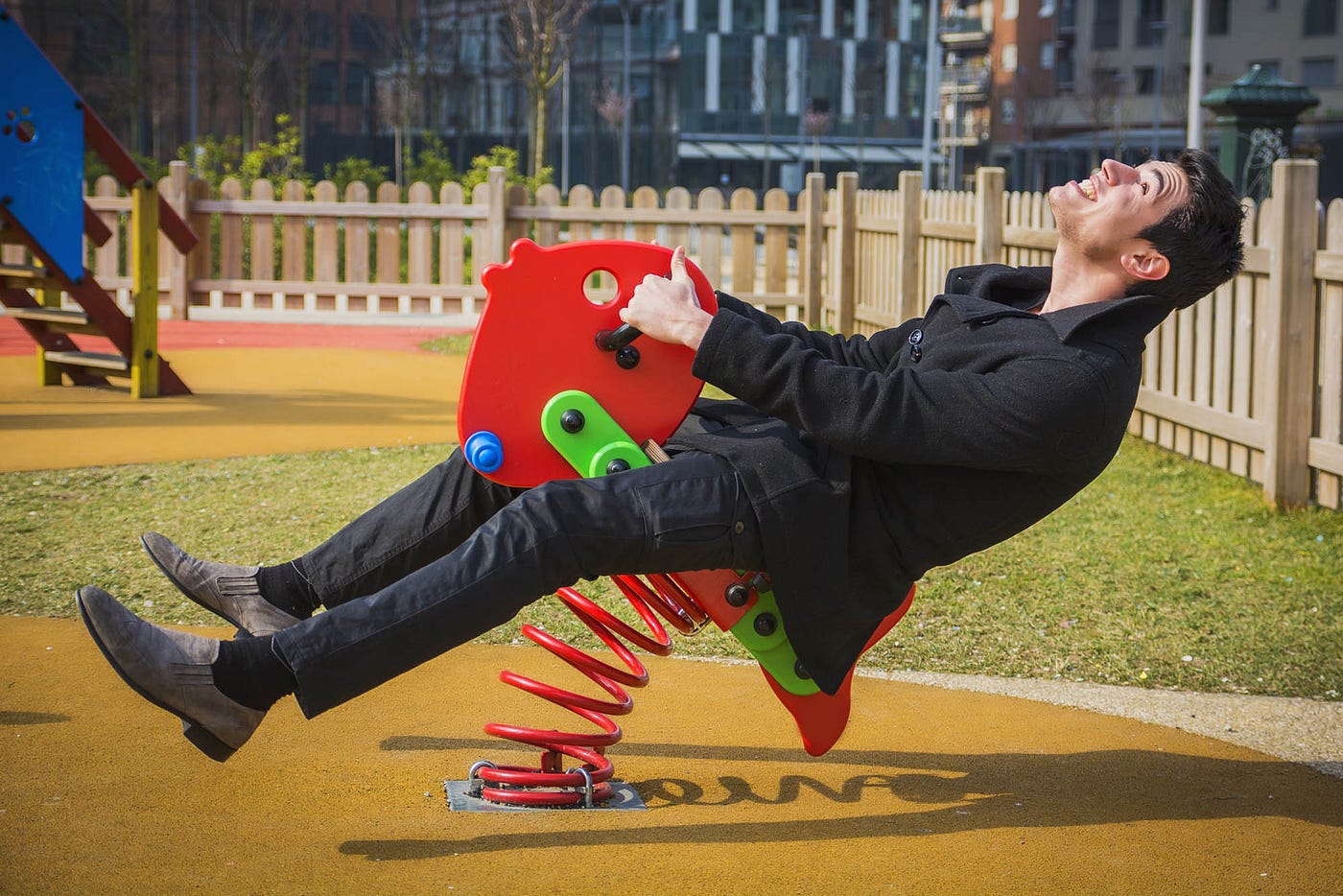IN THE RELENTLESS quest for productivity and efficiency, the transformative power of ‘play’ is often lost, overshadowed by its misperception as mere child’s play. This critical oversight overlooks play’s far-reaching impact, extending well beyond mere entertainment. It emerges as a dynamic catalyst for innovation and creativity, a revolutionary force reshaping workplaces, deepening personal connections, revitalizing education, enhancing parenting and even redefining political engagement.
From Google’s innovative offices to the heartwarming laughter in family homes, play is proving to be an essential key to unlocking creativity, building stronger relationships, enriching learning experiences and nurturing societal growth.
Revolutionizing Companies: Fostering Innovation and Productivity
In the corporate world, incorporating elements of play isn’t about frivolity; it’s a strategic tool for innovation and engagement. Google’s famous ‘20% time‘, where employees spend a fifth of their time on personal projects, has led to innovations like Gmail and AdSense. According to a study, integrating play at work can lead to a 20% increase in productivity. Furthermore, Adobe’s “Creative Dividend Survey” reveals that companies fostering creativity enjoy 1.5 times greater market share, illustrating the business value of playful creativity.
Transforming Relationships: Building Connections Through Play
In personal relationships, play can act as a powerful bonding agent. Dr. Stuart Brown of the National Institute for Play posits that play can enhance human connections and develop trust. A study in the Journal of Personality and Social Psychology found that couples who engage in novel and engaging activities report higher relationship satisfaction. This suggests that incorporating playful elements in relationships can deepen bonds and enhance mutual understanding.
Higher Education and Colleges: Learning Through Engagement
Play isn’t just for children; it’s a critical component in higher education. MIT’s ‘Action Learning’ programs demonstrate how play can be integrated into higher learning. By applying classroom theories to real-world challenges, students develop crucial problem-solving skills and foster a deeper understanding of the material.
A study by the Association for Psychological Science found that playful teaching methods can increase student motivation and improve learning outcomes, proving that education can be both fun and effective.
Parenting: Shaping Future Generations
In parenting, play is fundamental to a child’s development. The American Academy of Pediatrics states that play contributes to the cognitive, physical, social and emotional well-being of children. A UNICEF report on early childhood development also underscores the role of play in building brain architecture. By engaging in playful parenting, adults can foster an environment of growth, exploration and creativity for their children.
Politics: Engaging Citizens Playfully
Even in politics, an area often marked by seriousness and rigid structures, play can bring about meaningful engagement. For instance, the ‘Gamers for Freedom‘ movement uses the platform of online gaming to advocate for political causes, demonstrating how play can be a medium for political expression and activism. This approach can increase political participation, particularly among younger demographics, and foster a more engaged citizenry.
Healthcare: Healing Through Play
In healthcare, play therapy has emerged as a powerful tool for healing. The Association for Play Therapy highlights how play therapy can help children express their feelings, develop problem-solving skills and learn adaptive behaviors. Hospitals like the Children’s Hospital of Philadelphia incorporate play in patient care, noting improvements in patient mood and cooperation.
‘Work-Life’ Balance: Play as a Stress Reliever
With the increasing prevalence of burnout, play offers a viable solution for enhancing work-life balance. The National Institute for Play argues that play can reduce workplace stress and prevent burnout. Companies like Zappos and Pixar, with their playful work environments, report not only happier employees but also increased creativity and productivity.
Environmental Awareness: Playful Learning for Sustainability
In environmental education, play can be a powerful tool for raising awareness and changing behaviors. Programs like the United Nations’ ‘The Lazy Person’s Guide to Saving the World‘ use gamification to encourage sustainable practices. This playful approach makes learning about environmental issues more engaging and actionable.
Incorporate Play into Your Work Life
Now that we’ve covered all the benefits of play, I also want to share a few tips for incorporating more of it into your own work life.
• Take Playful Breaks: Engage in brief, fun activities like puzzles or quick online games during breaks to refresh your mind.
• Creative Brainstorming Sessions: Use playful brainstorming techniques like mind mapping or playful challenges to stimulate creativity during meetings.
• Personalize Workspace: Add fun elements to your workspace, like playful desk accessories, to create a more enjoyable environment.
• Playful Communication: Use light-hearted, playful language in internal communications where appropriate to foster a more relaxed and creative atmosphere.
Embracing Playfulness: A Path to Innovation and Happiness in Society
Play is not merely a trivial pursuit but a vital component across various sectors of society. From revolutionizing corporate cultures to enhancing personal relationships, improving educational outcomes, shaping responsible and happy children to even transforming political and environmental engagement, the power of play is vast and largely untapped
By embracing playfulness, we can create more innovative, engaged and happy communities, ready to tackle the challenges of the modern world with kindness, curiosity and wonde






